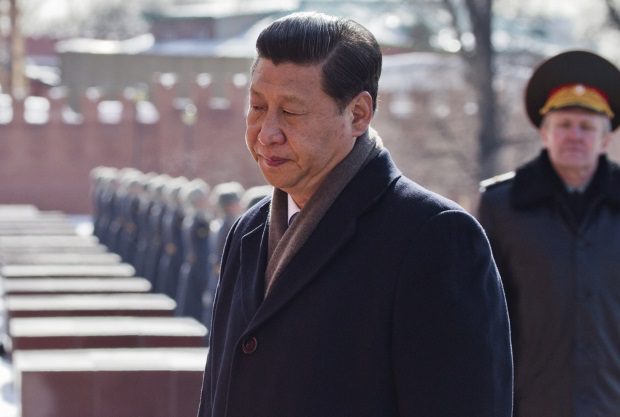The Folly of Provoking China

James Palmer comments on Chinese popular attitudes regarding the status of Taiwan:
It’s an unhappy and bitter part of Chinese nationalism, one that denies both the six-decade reality on the ground and the agency of Taiwanese to decide their own future. But it’s not going to disappear overnight. If the Communist Party vanished into smoke tomorrow, Chinese would still be contemptuous of Taiwanese aspirations and furious with anyone who suggested otherwise [bold mine-DL].
On America’s part, the issue needs to be handled carefully, respectfully, and with a certain allegiance to diplomatic fictions. Anything else risks stirring not just Beijing’s ire but genuine public anger — a force that Beijing itself might sometimes manipulate but may also not be able to entirely control.
Nothing good can come from provoking Chinese nationalist outrage over an issue that their government considers to be vitally important to them. We weren’t willing to do that decades ago when China was poorer and weaker than it is now, and it would be even more foolish to do it now. Our hawks tend to overlook nationalist sentiment in other countries, and they dismiss how other states define their vital interests, and then they agitate for policies that meddle in the very issues that can trigger a nationalist reaction. Part of this stems from an unwillingness to acknowledge the legitimacy of other states’ interests, and part of it comes from underestimating how seriously other governments will respond to provocative actions. It also comes from neglecting the reality that other governments have their domestic constituencies that they have to keep satisfied. That’s why it is important to recognize another government’s genuine red lines and to understand that crossing them can have very serious consequences. More often than not, the negative consequences of our overreaching will be borne by the people that hard-liners claim to want to “help.”
So it really is stupid and dangerous to poke another major power over an issue that it has repeatedly and publicly defined as one of its “core national interests,” especially when we and everyone else know that the issue matters much less to us than it does to them. It is the sort of tough-but-thoughtless move that makes hard-liners feel good, but which advances no U.S. interests and exposes the people caught in the middle to greater risk.
Comments